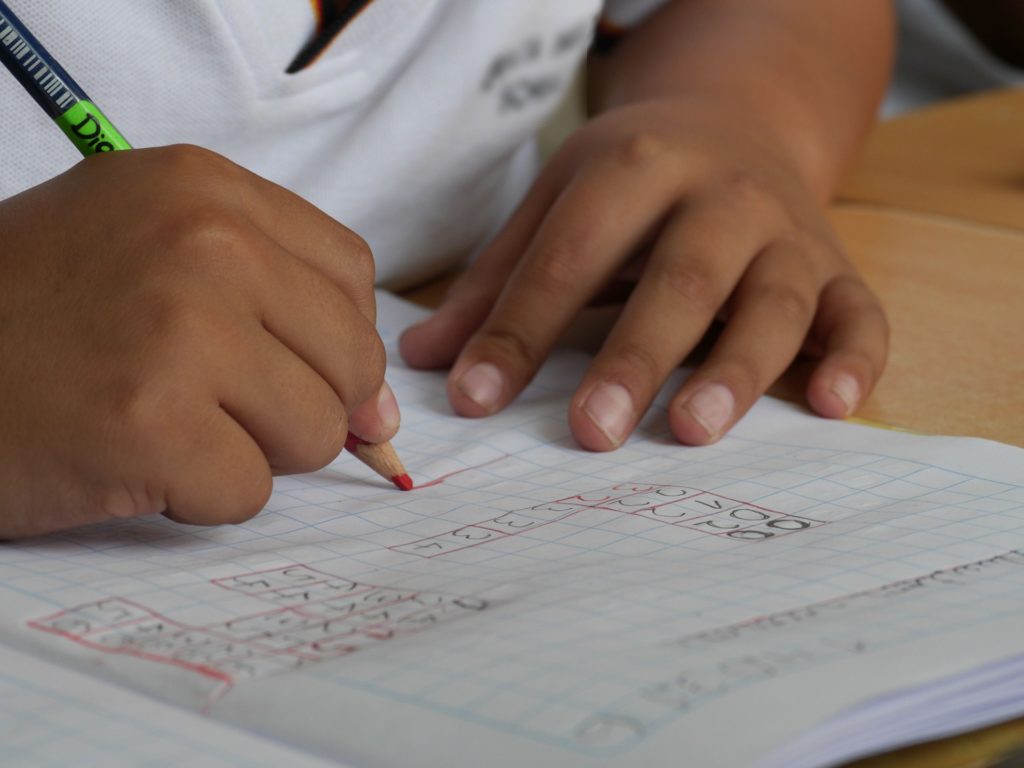
Literacy – More than Reading and Writing
Most parents know that reading and writing are very important for children, but how words help us understand our world and make the most of opportunities is much more than reading and writing – it is called ‘literacy’.
Children don’t wait till they start school to learn literacy skills. The experiences they have every day from birth help them develop their literacy and their knowledge and understanding of the world.
What is literacy?
Literacy is part of our daily life and how we use language in our:
- speaking and listening
- reading and storytelling
- writing and drawing
- watching and using electronic media.
How do children learn?
Children are natural learners from birth. They learn by watching, listening and especially by doing. All children go through similar stages of learning and development. There are differences between children at each stage and differences in the length of time it takes children to move from stage to stage.
literacy development begins in the family from when they are born. As they grow it continues in the family, children’s services, schools, and communities. Children learn how their family uses language and from having lots of opportunities to talk, write, read and draw. They need to experiment and practice their literacy skills also they need to know their learning is important and that you are proud of their efforts.
When children have lots of experiences with words and print, their literacy is off to a good start.

What can parents do?
Parents and others in the family are teaching children literacy by their own use of language – how they speak, listen to each other read, write, use computers and watch movies or TV.
Let your child enjoy spending time with you – talking, playing and sharing together because children learn through play so you don’t have to make everything a ‘lesson’.
Reading and watching
Reading books with young children is one of the best things you can do for their development and learning. Find time to share a book with babies soon after they are born – it’s never too early! A point at the pictures they show interest in and name what they are looking at.
Baby will gradually learn that the words have meaning. Keep reading books together as they get older. Help children develop hand-eye coordination and finger strength – it helps them learn to write and draw.
Talk with your children about the importance of their name, how you chose it and what it means. Help children recognize their name and the letters in it, especially the first letter. Look for letters from their name in other words.
Show children their learning is important and encourage them to keep practicing but remember they need plenty of time to play on their own and with others too.
Don’t force young children into reading and writing. They will participate when they are developmentally ready and see a purpose for it. If you are concerned about your child’s learning talk with their teacher, doctor, or child health nurse.
